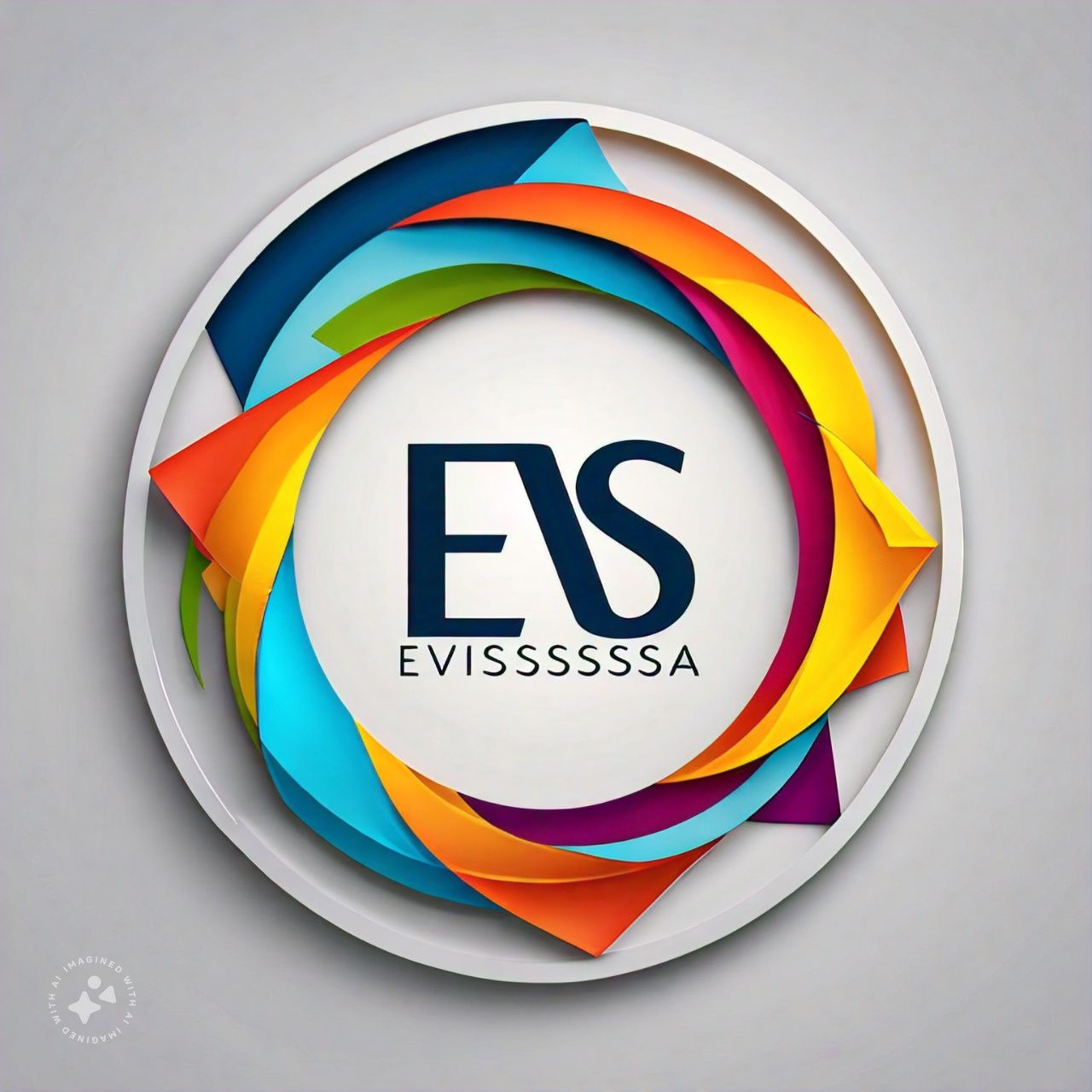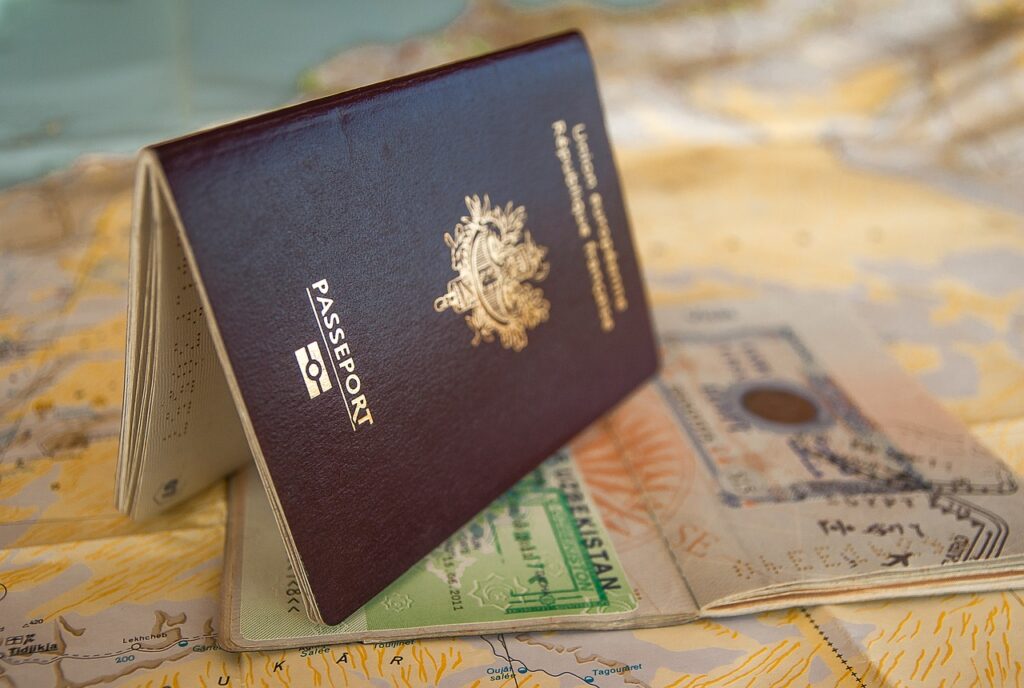In today’s globalized economy, many individuals are seeking job opportunities beyond their home countries. For workers who want to take their careers to new international markets, visa sponsorship for employment is often a critical component. When a company wants to hire a foreign national, they may need to sponsor the worker for a visa, allowing them to legally reside and work in the country. The process and requirements for visa sponsorship vary depending on the country, the type of job, and the specific visa category.
This post will provide a detailed guide to visa sponsorship for employment, including what it is, how it works, and the steps involved in obtaining an employment-based visa.
What is Visa Sponsorship for Employment?
Visa sponsorship for employment refers to the process by which an employer supports a foreign national’s application for a work visa or permit, enabling them to work legally in a country. In most cases, the employer acts as a sponsor, demonstrating to the immigration authorities that they are offering the individual a legitimate job and that the employee meets the necessary qualifications for the position.
Visa sponsorship is typically required when a company wishes to hire a foreign worker who is not already a citizen or permanent resident of the country. The employer submits an application to the relevant immigration authorities, providing evidence of the employee’s qualifications, the role they will be filling, and why the position cannot be filled by a local worker. This process ensures that the foreign worker will be able to contribute to the country’s economy without displacing local workers.
Why is Visa Sponsorship Important?
Visa sponsorship plays an essential role in helping employers hire international talent for specialized or high-demand positions. Many countries have strict immigration policies to protect local labor markets, so employers must prove that they cannot find a qualified local candidate before they are allowed to hire a foreign worker.
There are several key reasons why visa sponsorship is important:
- Access to Global Talent: Companies often sponsor visas to hire employees with specialized skills that may not be readily available in the local labor market. For example, tech companies may sponsor highly skilled software engineers, or healthcare institutions may sponsor doctors or nurses with expertise in areas where there is a shortage.
- Legal Work Authorization: A work visa provides foreign nationals with legal authorization to live and work in a country. Without a visa sponsorship, foreign workers would not be able to take up employment and could face legal consequences.
- International Business Expansion: For businesses operating globally or planning to expand into new markets, visa sponsorship allows them to bring in employees with specific expertise to support business growth. This is particularly relevant in industries like technology, finance, healthcare, and academia.
Types of Employment Visas Requiring Sponsorship
Visa sponsorship is often required for various types of employment visas, and each visa type comes with its own set of eligibility criteria, application processes, and requirements. Below are some of the most common types of employment visas that typically require sponsorship:
1. H-1B Visa (USA)
- The H-1B visa is one of the most well-known and widely used work visas in the United States. It is typically used for individuals in specialized occupations, such as IT, engineering, medicine, and academia. To apply, the employer must submit a petition to the U.S. Citizenship and Immigration Services (USCIS) to sponsor the foreign worker.
2. Tier 2 (General) Visa (UK)
- The Tier 2 (General) visa allows foreign workers to come to the UK for skilled jobs. The employer must be a licensed sponsor and issue a Certificate of Sponsorship. The applicant must also meet minimum salary requirements and demonstrate proficiency in the English language.
3. Temporary Skill Shortage (TSS) Visa (Australia)
- The TSS visa allows foreign workers to fill skill shortages in Australia. It requires sponsorship by an Australian employer who is willing to provide the worker with a job for a specified period. This visa has different streams for short-term and medium-to-long-term occupations.
4. Work Permit (Canada)
- In Canada, work permits are typically issued for temporary foreign workers who have a job offer from a Canadian employer. Some work permits require a Labor Market Impact Assessment (LMIA) to prove that no Canadian workers are available for the position.
5. Blue Card (EU)
- The EU Blue Card allows highly skilled workers from non-EU countries to work in European Union member states. Employers must demonstrate that they are offering a job to a highly qualified individual, and the applicant must meet education and salary requirements.

Steps for Obtaining a Visa Sponsorship
The process for obtaining a work visa with sponsorship can vary depending on the country, but here are the general steps involved:
1. Find a Job Offer
- The first step in obtaining a visa sponsorship is to secure a job offer from a company that is willing to sponsor you. This could involve applying to job postings, networking, or attending job fairs. Ensure that the position is eligible for sponsorship, as not all jobs qualify for work visas.
2. Employer Submits Petition
- Once you have a job offer, the employer must file a petition or application on your behalf with the relevant immigration authorities. This petition will include details about your qualifications, the job you will be performing, and the reasons why the employer cannot find a local worker to fill the role.
3. Wait for Approval
- After the petition is submitted, you will need to wait for approval from immigration authorities. Processing times vary depending on the country and visa category, but this step can take several weeks to months.
4. Complete Additional Requirements
- Depending on the country and type of visa, you may need to complete additional requirements, such as providing medical certificates, undergoing background checks, or demonstrating language proficiency.
5. Visa Issuance
- Once your application is approved, you will receive your visa, which will allow you to legally work in the country for the duration of the visa’s validity. In some cases, the visa may be temporary, and you may need to apply for an extension or permanent residency after a certain period.
Key Considerations When Applying for a Visa Sponsorship
- Job Market Regulations: Many countries have strict regulations regarding the labor market and the employment of foreign workers. Employers must often prove that they have made efforts to hire local workers before they can sponsor a foreign employee.
- Salary and Benefits: The employer may need to meet minimum salary and benefit requirements to ensure that the foreign worker is being compensated fairly and not displacing local employees.
- Visa Duration: Work visas are typically valid for a limited period, after which they may need to be renewed or extended. In some cases, workers can transition from temporary work visas to permanent residency.
- Immigration Policies: Immigration policies and visa sponsorship rules are subject to change, so it is important for both employers and employees to stay updated on any modifications to visa requirements.
- CLICK HERE FOR MORE INFORMATION
Conclusion
Visa sponsorship for employment is a critical pathway for individuals who wish to work in a foreign country. It allows companies to tap into global talent and provides foreign workers with the opportunity to live and work abroad. While the process can be complex and time-consuming, it offers numerous benefits for both employees and employers. By understanding the visa categories, the application process, and the requirements involved, both employers and prospective employees can navigate the sponsorship process effectively and successfully.

